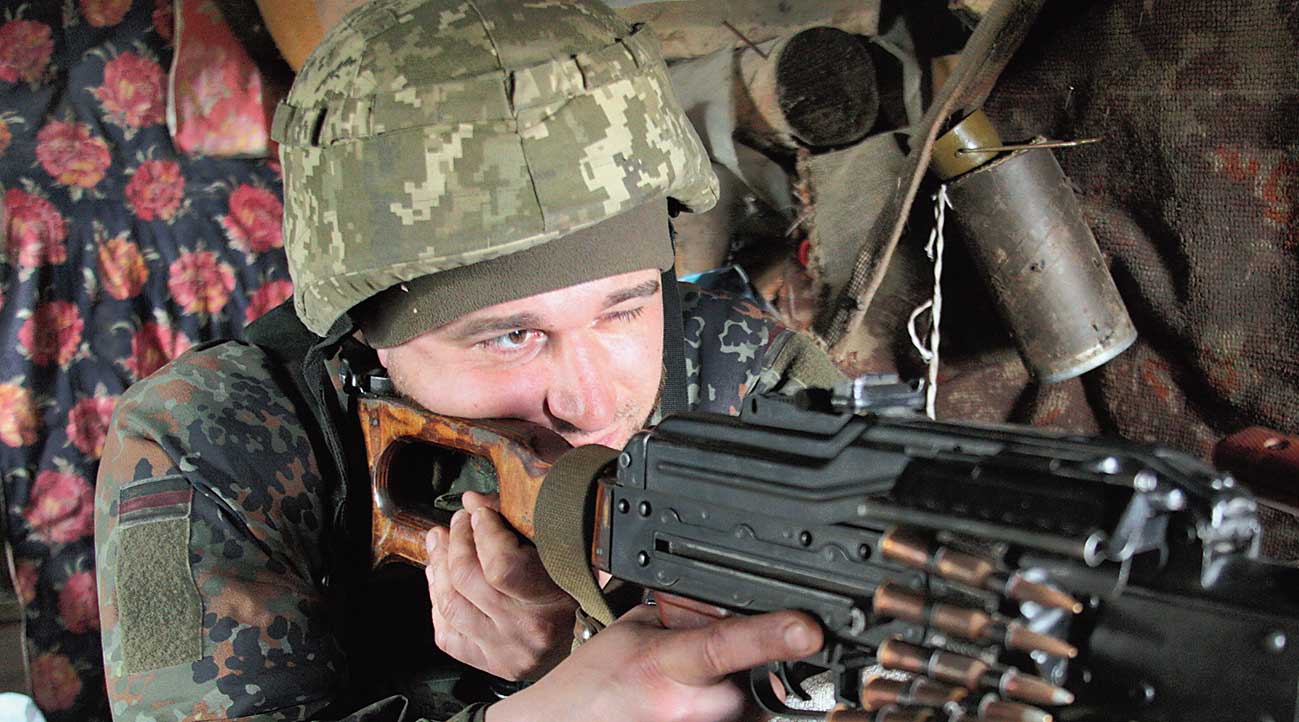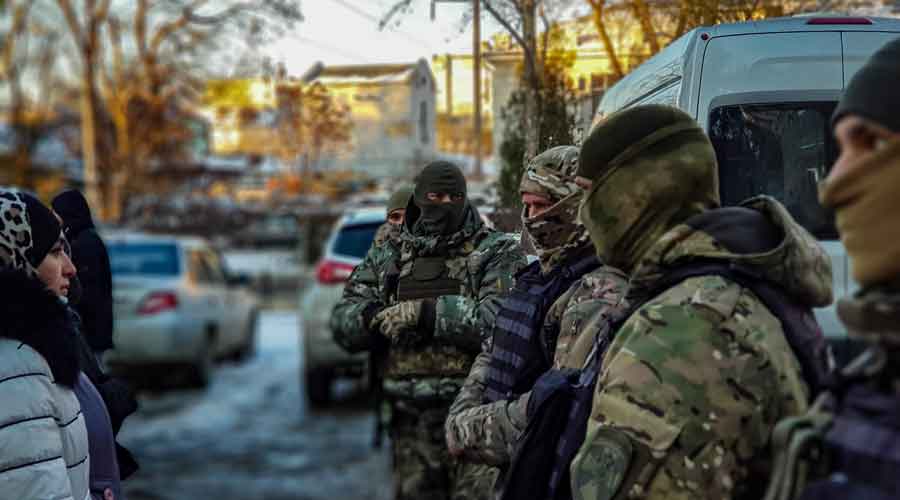Russia will extend military drills in Belarus that were due to end on Sunday, the Belarusian defence ministry announced, in a step US secretary of state Antony Blinken said made him more worried about an imminent Russian invasion of Ukraine.
The defence ministry said the decision was taken because of military activity near the borders of Russia and Belarus as well as the situation in eastern Ukraine’s Donbass region.
Sporadic shelling across the line dividing Ukrainian government forces and Russian-backed separatists in that region increased sharply last week and continued on Sunday.
Speaking to CNN, Blinken said that while all signs suggested Russia was on the brink of invading, the United States and its allies would use every diplomatic opportunity to dissuade the Kremlin. Russia has repeatedly denied any plan to attack, and accuses the West of whipping up fears of war.
Russian President Vladimir Putin and his French counterpart, Emmanuel Macron, agreed in a phone call on the need for a diplomatic solution to the crisis in eastern Ukraine, both governments said.
A French presidential adviser said the two agreed that a meeting of the Organization for Security and Co-operation in Europe (OSCE), with representatives from Ukraine and Russia, be held on Monday.
Poland, currently the OSCE chair, earlier said that at Ukraine’s request it was convening an extraordinary session of the council, which is dedicated to preventing armed conflict, on Monday.
Belarus did not say how long Russian troops in Belarus — estimated by Nato to number 30,000 — might now remain in the country, which lies north of Ukraine. Belarus defence minister Viktor Khrenin said the focus of the extended exercises was “to ensure an adequate response and de-escalation of military preparations of ill-wishers near our common borders”.
The Kremlin did not comment on the Belarus drills. The Macron adviser said that Putin had reiterated that the troops would leave Belarus after the exercises.
Nato says Russia could use the troops in Belarus as part of an invasion force to attack Ukraine. Moscow denies any such intention.
“It is not an exaggeration to say that Europe is a step away from war, which was something unimaginable not long ago,” Czech Prime Minister Petr Fiala said in a TV interview.
Mykhailo Podolyak, an adviser to the Ukrainian president’s chief of staff, told Reuters the extension of the exercises underlined that official promises from Moscow should not be taken as binding.
Kremlin spokesman Dmitry Peskov said the repeated warnings by the West that Russia was about to invade were provocative and could have adverse consequences, which he did not spell out. Russia says the West has raised tensions by sending Nato reinforcements to eastern Europe during the crisis.
Sanctions
Western countries are preparing sanctions they say would be wide-reaching against Russian companies and individuals in case of an invasion.
British Prime Minister Boris Johnson said in a BBC interview that such sanctions could include restrictions on Russian businesses’ access to the dollar and the pound. However, he acknowledged such threats may not deter Moscow, saying Putin may be “thinking illogically”.
Ukraine’s foreign minister Dmytro Kuleba said it was time for the West to implement at least part of the sanctions it has prepared against Russia.
“Russia has to be stopped right now. We see how events are unfolding,” Kuleba said.
The focus of tensions in recent days has been on the swathe of eastern Ukraine that Russian-backed rebels seized in 2014, the same year Russia annexed Crimea from Ukraine.











